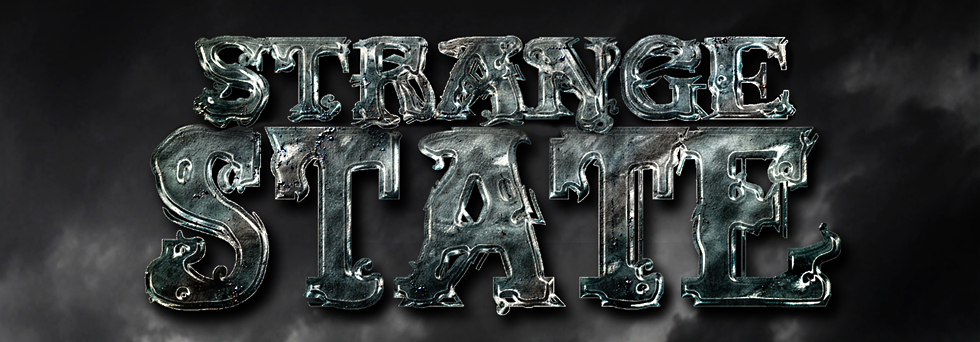I recently caught an episode of Unsolved History (God only knows when it aired originally) that looked at three of the earliest and biggest news-making UFO encounters: Arnold's infamous sighting, Roswell, and the notorious Skyhook entanglement in KY.
As a part of this show, which seemed on the surface to be genuinely unbiased yet gave off subtle dismissive vibes, a memory experiment was conducted by a cognitive psychologist to test if those who claim they witnessed events at Roswell may have been prone to suggestion and confabulation. A group was gathered, taken out into the desert, hurriedly shuffled along a path past a tableau reminiscent of the Roswell crash (debris, armed military personnel) and then only questioned about what they had seen once an entire month had gone by. This presumably gave their memories time to stew and get confused with other stimuli. To verify what they had said was true or false, each participant wore a camera mounted on a helmet to show their point of view.
When the witnesses were interviewed, it was said, their recollections were inaccurate and colored with all sorts of interpretive perceptions, extrapolations, and false memories. However, on camera, we only see a witness interview with one participant. This makes me wonder if the team at Unsolved History wasn't trying to massage their data, or at least our perception of it. We learn no statistics only the blanket announcement that memory is susceptible to error, given enough time.
While this can be true, it also ignores the relevance of eye-witness testimony. If recall counted for nothing, witness testimony would be irrelevant in court.
In the end, I came out of the episode with the impression that Unsolved History was unduly satisfied with both their experiment and conclusion. And that overall, it seemed to have an agenda to pursue by forcing this and other inconclusive experiments down our throats like square pegs as if they were the final word on the matter.
I'm a firm believer in debunking. Debunk away, I say! I don't, however, approve of sloppy, lazy, self-confident debunking, which I believe this to be.

4 comments:
It is not the first tiome they have breezed through conclusions tailored to fit their view points. Sweeping statements based on evidence they expect us to trust they have...and evidence carefully selected to support their conclusions....
Cullan:
You are so right, as usual.
That report was just a mess, and hardly scientific.
The show first aired years ago, and I have it on VHS.
Eyewitness testimony has its faults, but an accumulation of eyewitness accounts should provide a valid approximation of the truth.
The program you (and others) saw can be discounted, which you've rightfully done.
Rich
This is one of those cases of giving the appearance of science and technique without really following through. This is the same argument I have with "scientific" groups who never produce a report that has full data on what, when, and how data was collected and what that data was (in raw form) as well as conclusions.
You can pretty much find something to support your claim or belief if you look hard enough. But to draw a real conclusion you need to show the full range of data and how you arrived at the conclusion.
Certainly, if it was that important they should have provided all the data, if not on the show, then on the Web and told viewers where they could review the experiment.
I think we all know memory is susceptible to manipulation just from personal experience. Certainly, eyewitness testimony is the most unreliable in court because we don't see with our eyes but with our mind. However, if you are going to claim a scientific basis, then show the work.
Some people's memories are obviously better than others.
The question is how do you tell them apart?
Post a Comment